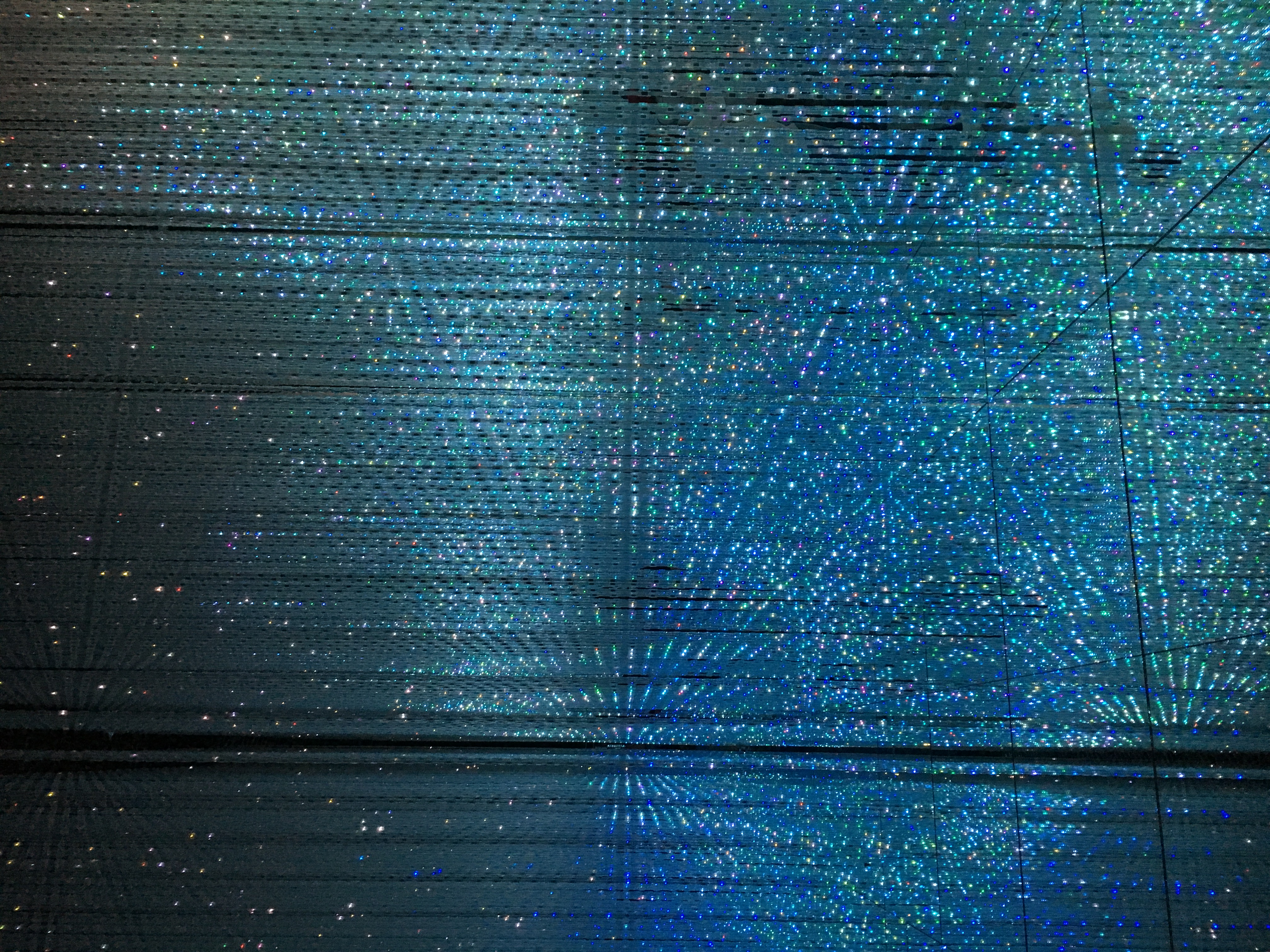Captcha’d
This one particularly foxed me. The second word seems to be ‘indorsing’ but what on earth is the first? ‘Edeardo’?
Finally, after about the 11th go (I’m nothing if not persistent!) I finally managed to type the word correctly, but the whole exercise was so unbelievably irritating that I think I might just stick to email instead.
But it’s nice to know I’m not alone in my frustration. As Matt Mullenweg, who runs WordPress.com, told Tim Anderson in the Guardian, “Captcha is the bane of the internet. I can’t figure them out myself half the time!” In their efforts to beat the spammers, who now use increasingly sophisicated software to crack captchas, the designers are blocking the genuine users too.
Captcha stands for Completely Automated Public Turing test to tell Computers and Humans Apart (catchy title). But the obvious snag of course is that spammers can just work them out themselves or, according to Anderson, just pay room fulls of people to crack captchas. There’s no real way round it. But websites should try to strike a better balance to avoid blocking real users as well as spammers. Otherwise, I reckon this will just put off users who might then go elsewhere.
My Space apparently had quite a few problems with their captchas, as the video below parodies (it goes on a little too long in my opinion, but worth a look):

